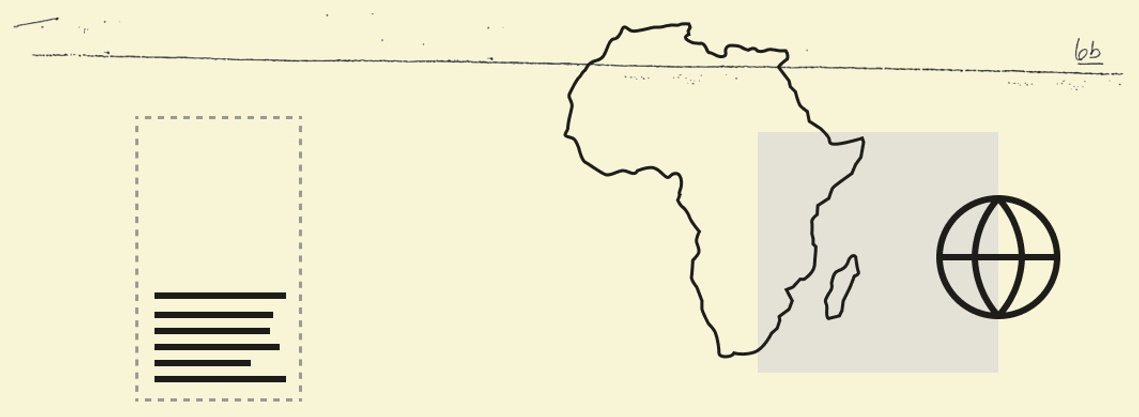 Business & Macro🇬🇭 S&P Ratings upgraded Ghana’s long-term foreign debt rating from “selective default” to “stable” in recognition of the government’s efforts to restructure commercial debt. 🇰🇪 Kenya’s labor force added 782,000 jobs in 2024, two percentage points lower compared to the year before, with informal sector jobs accounting for the majority of the additions. Climate & Energy🇳🇬 🇲🇦 The $25 billion African-Atlantic Gas Pipeline connecting Nigeria and Morocco for supply to Europe will receive co-financing support from the United Arab Emirates. Geopolitics & Policy🇨🇮 Ivorian former Credit Suisse boss Tidjane Thiam resigned his leadership of the country’s main opposition party. 🇺🇬 Bobi Wine, the Ugandan opposition leader and singer, will seek the presidency for a second time in January elections in which incumbent Yoweri Museveni is expected to run. 🌍 🇯🇵 The Japanese government set up an initiative with local venture capital firms to facilitate promising African business partnerships for Japanese companies. Tech & Deals🇨🇮 Chinese fintech startup PalmPay will expand from its Nigeria operations to enter into Côte d’Ivoire, South Africa, Tanzania and Uganda at the end of this year. 🇪🇹 Ethio Telecom, Ethiopia’s major internet service provider, launched an ecommerce app Zemen Gebeya with 1,000 products listed in its first week. |